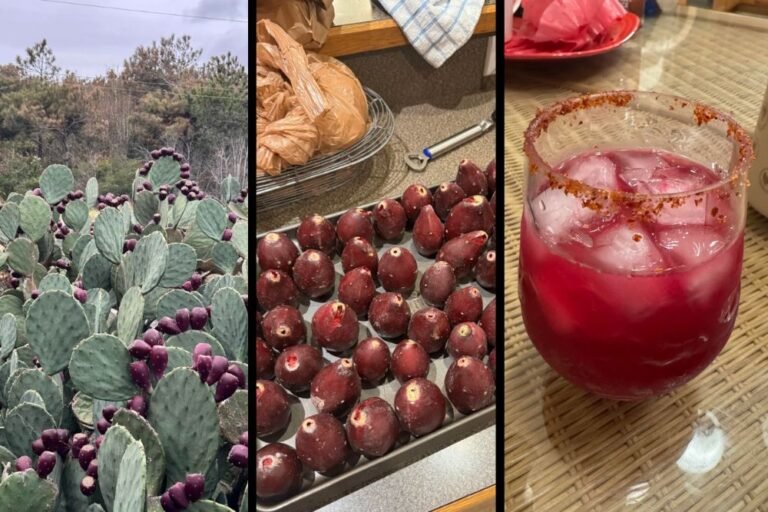Hemp Business Owner Moving Operations to North Carolina Amid Tennessee’s New Hemp Laws
MARYVILLE, TENNESSEE / NORTH CAROLINA BORDER — A Tennessee hemp business owner says he is moving part of his operations to North Carolina as new state laws take effect in January that will ban the sale of smokable THCA products, including vapes and pre-rolled joints.
For entrepreneur Ryan Rush, the upcoming restrictions on hemp-derived cannabinoids represent both a challenge and an opportunity. His business, which currently sells THCA pre-rolls, extracts, and infused edibles, relies heavily on products that will soon be prohibited under Tennessee’s revised hemp law.
Starting January 1, Tennessee will prohibit the sale of THCA products that can be smoked or vaped, citing their psychoactive effects similar to marijuana. The change has left many hemp retailers scrambling to adjust business models or shut down entirely.
‘This Is My Life — I’m Not Running From It’
Rush, however, said he refuses to walk away from an industry he’s built his life around.
“This is what I chose my life to be, and I’m not gonna run away from it,” he told WBIR. “The obstacle is the way. You either go around it, through it, under it, or over it, but if your goal is on the other side, you have to keep moving toward it.”
To comply with the new regulations, Rush plans to expand his existing edibles operation in Maryville while simultaneously relocating his THCA product sales to North Carolina — where such products remain legal.
North Carolina Expansion Plans
Rush confirmed that his new North Carolina branch will continue to sell the smokable and vape THCA items no longer permitted in Tennessee. Meanwhile, his Maryville facility will focus on manufacturing low-dose edibles such as cookies, crackers, and lollipops infused with hemp-derived cannabinoids.
“We’re hiring more people to fill these new positions,” Rush said. “We’re pushing for national-level distribution with this facility.”
The dual-state setup will allow him to sustain his product lines while maintaining compliance with both states’ laws.
Industry Faces Licensing and Financial Barriers
Under Tennessee’s updated rules, hemp businesses will face a new three-tier licensing system, requiring retailers to source products exclusively from licensed wholesalers. Each wholesaler license will demand proof of at least $750,000 in capital — a steep hurdle that many small business owners say could drive them out of the market.
“Unfortunately, a lot of the people who were here won’t be here anymore,” Rush warned. “Not everyone can afford to meet those requirements.”
‘If It Happens in North Carolina, I’ll Move Again’
Rush said that if North Carolina were to implement similar restrictions, he wouldn’t hesitate to move his business again.
“I’ll go to another state and set up another business there,” he said. “And I’ll keep doing it until they eliminate 34 more states.”
For him, hemp isn’t just an enterprise — it’s a mission tied to his personal and family well-being.
“My goal is simple — to be happy, for my family to be happy, and for cannabis to remain a big part of my life,” Rush said. “Right now, it’s part of my life in every way — financially, holistically, and health-wise.”
Tennessee Officials Reviewing Lawsuits and Regulations
The Tennessee Alcoholic Beverage Commission is scheduled to meet this week to discuss pending lawsuits and regulatory details tied to the hemp industry overhaul. Lawmakers say the new restrictions aim to improve oversight, but business owners argue the changes favor large-scale investors over local entrepreneurs.
As Tennessee tightens restrictions, neighboring North Carolina could see a wave of hemp business relocations, boosting its role as a regional hub for cannabis-derived products.
Stay informed on regional business and regulatory updates at SaludaStandard-Sentinel.com.







